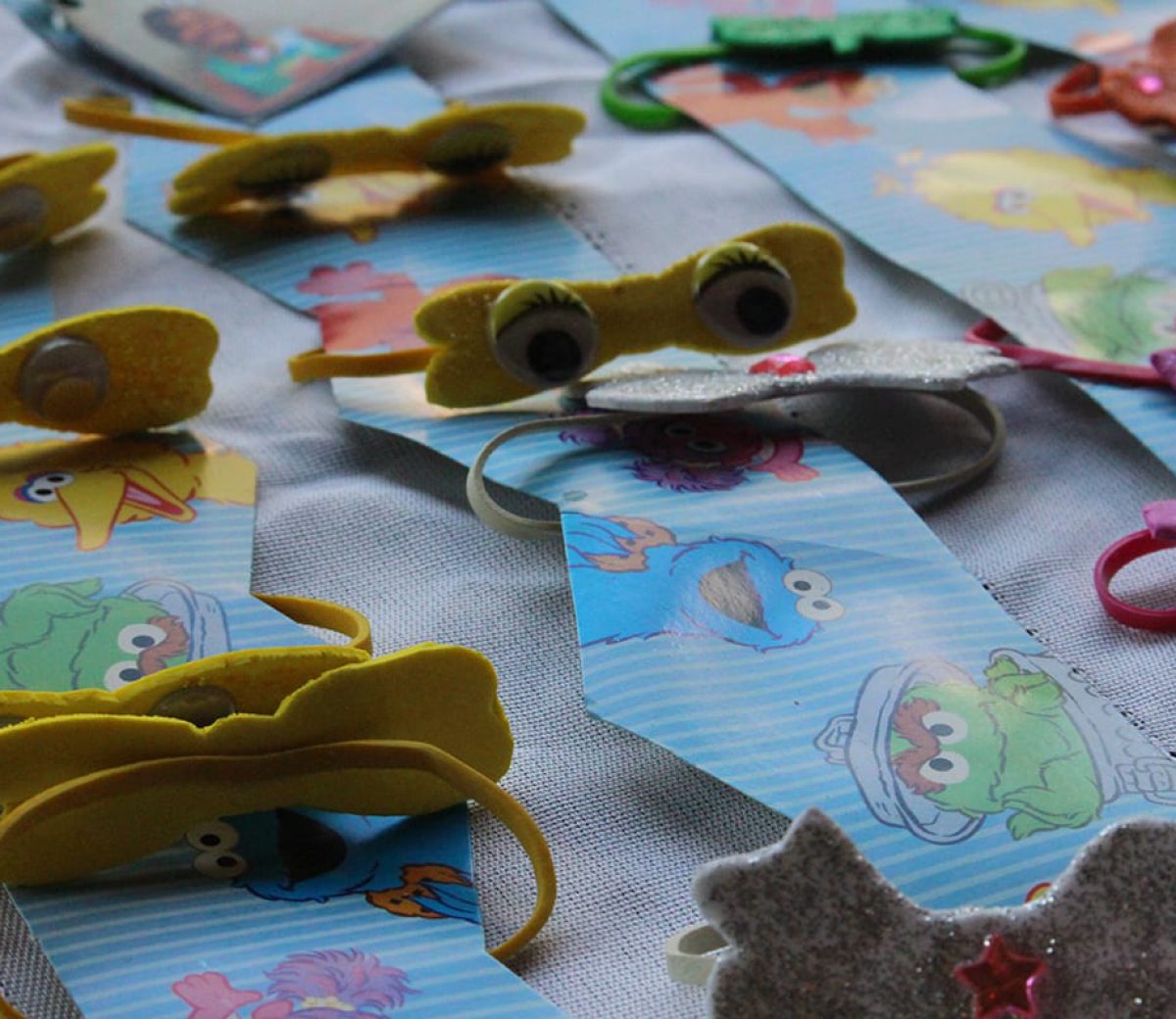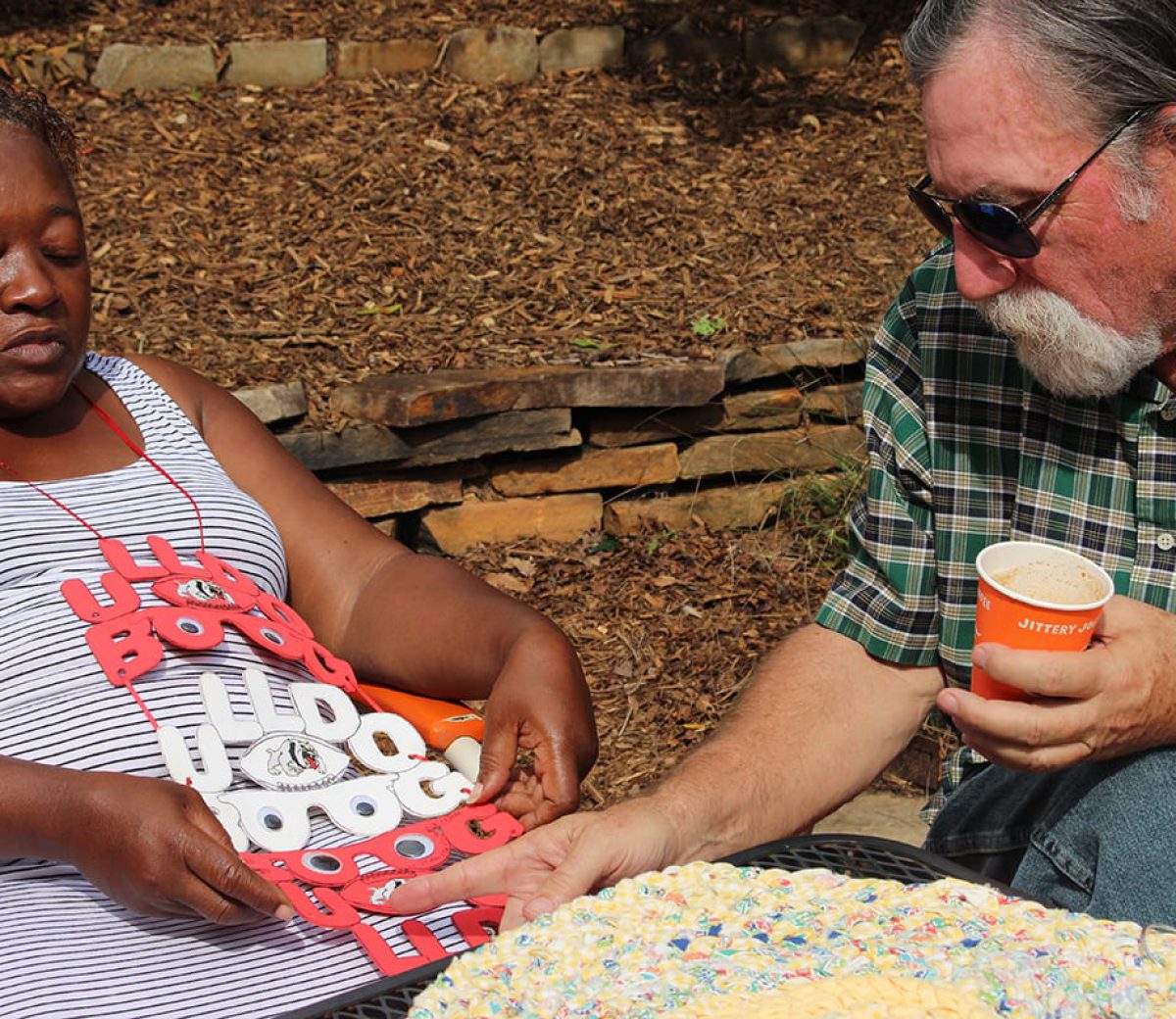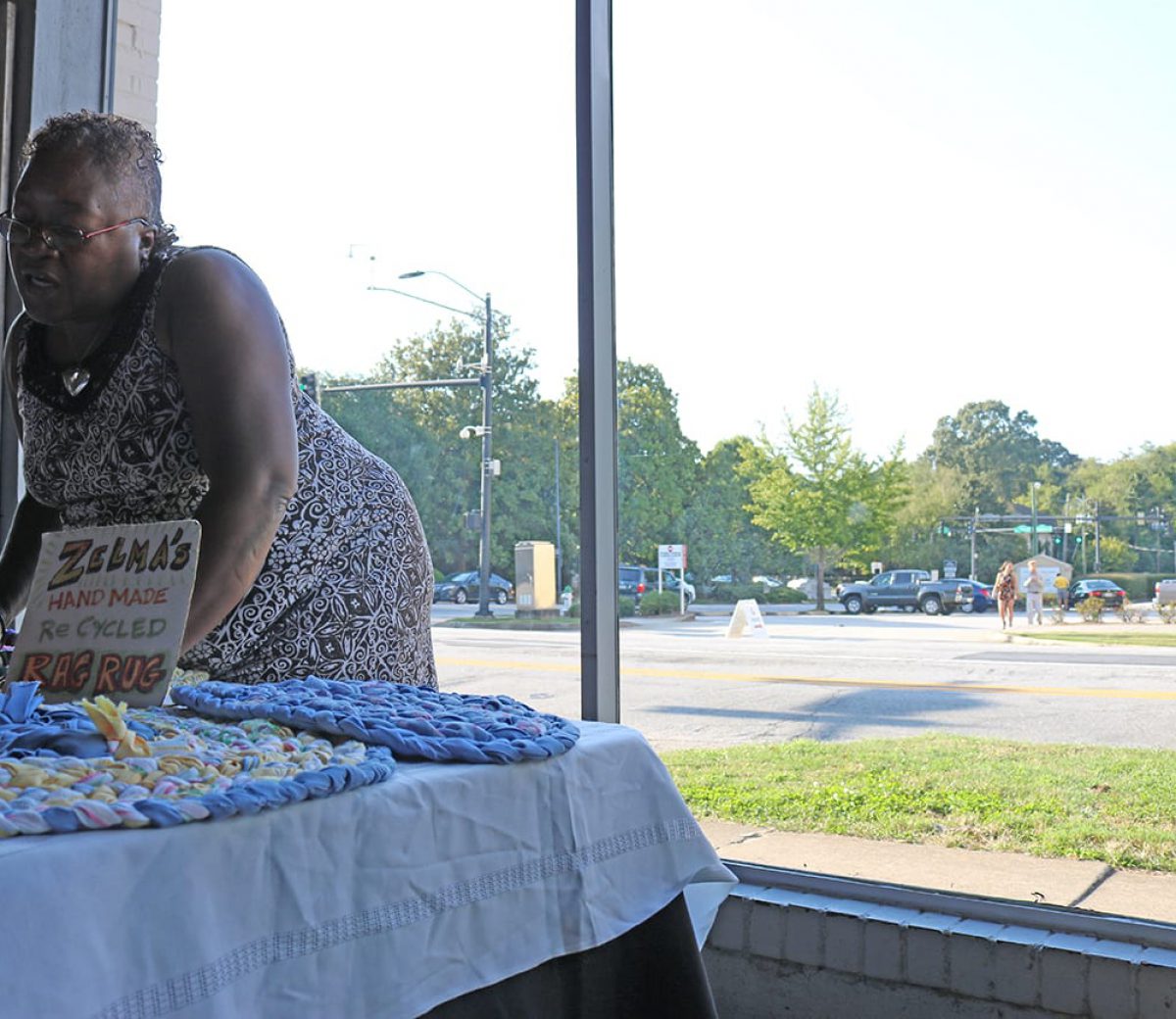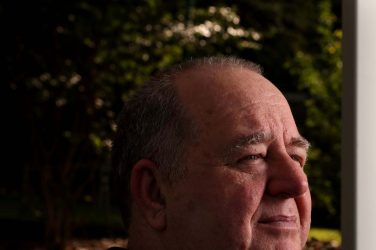According to residents, Athens, Georgia has been home to discriminatory practices, a broad issue which originated from the downtown area and spread outward.
Mokah-Jasmine Johnson, educator and president of Athens Anti-Discrimination Movement (AADM), explained how the organization started as a response to an incident that occurred involving a bar downtown allegedly having a drink called “N*****ita” on its menu.
“I was waiting to see if the mayor was going to do something or if the police were going to do something, but no one did anything,” Johnson said. “We basically jumped in that way. We rallied against all the bars downtown because it was an ongoing issue, and after that, I thought it would be over with.”
However, this incident prompted Johnson and her husband, Knowa D. Johnson, to continue campaigning and advocating for civil rights for a year after it happened. In January 2016, they decided to create an official nonprofit organization instead of just a movement.
While getting into a bar can pose a barrier for minorities, securing affordable housing is a problem rooted in not only financial obstacles due to rising costs, but also due to discriminatory practices.
Why It’s Newsworthy: Where someone lives can impact his or her entire life, and being discriminated against when trying to find a place to live only intensifies any financial problems.
The Fair Housing Act prohibits housing discrimination on the basis of seven protected classes: race, color, national origin, religion, sex, familial status and disability. Some of the illegal actions listed by the U.S. Department of Housing and Urban Development include falsely denying that housing is available for sale, rental or inspection, discouraging the purchase or rental of a housing unit, and flat out refusing to rent or sell to someone seeking housing.
If someone feels as though they have been discriminated against in terms of housing, they can file a complaint online, through email, by phone or by filling out the form and sending it through the mail.
Challenges With Proving Housing Discrimination
While AADM does not directly handle housing discrimination complaints, Johnson said the organization does give out resources on how to file complaints properly.
“[In] the system that we live in, if you are discriminated against when you go to apply for an apartment, it’s hard for you to prove,” Johnson said. “But it doesn’t mean that it didn’t happen.”
Johnson spoke candidly about a situation one of her students experienced when he was trying to move into an apartment that was subsidized based on a tenant’s income. She explained that her student, who was an African-American man in his 60s, was denied due to an arrest record he had from when he we was in his 20s.
“He felt like it was discrimination, but how do you prove that?” Johnson asked. “You can look at their codes and their policies, and there may be something in there about problems if you have a background, but you just don’t know.”
Johnson’s frustration with the difficulty of proving housing discrimination lead her to suggest a solution of her own.
“The unfortunate thing is when discrimination happens dealing with housing, it’s almost like you have to do a setup,” she began. “If I went in and I got denied and I felt it was discriminatory, I would have to have another person that’s the opposite of me go in and see what happens.”
Johnson stressed the importance of documenting incidents, which will help in trying to compile a case. Per the housing complaint page on the HUD website, complaints must be filed within a year of the incident.
Some of the reasons Johnson gave for why landlords may discriminate against African-Americans included fear, thinking that African-American tenants won’t pay their rent or they’re going to have certain types of people always in the apartment complex. Also the fear of the neighborhood or complex decreasing in quality and financial value.
Mokah-Jasmine Johnson
Problems With Proposed Changes
One issue Johnson appeared to be particularly concerned about was the 2018 Athens-Clarke County Comprehensive Plan, which contained proposed changes to areas that were right next to traditionally single-family, working class and lower-income African-American neighborhoods.
The most alarming changes involved the shift from Main Street Business to General Business along the Hawthorne Avenue corridor.
According to the comprehensive plan, Main Street Business refers to commercial areas where development of a storefront commercial type is encouraged. In the graphic below, the pink shaded areas in the map on the left designate Main Street Business, and the red shaded areas in the map on the right designate General Business.
General Business consists of commercial areas that serve a variety of needs for the residents of the region. Small and medium scale retail stores should frame the streets with large-scale retailers located behind with focus given to pedestrian circulation rather than automobiles, per the proposal.
Johnson saw these zoning changes as a big problem.
“You’re allowing investors to come and build in historically black neighborhoods. [Investors] are able to come and buy the homes at a lower and cheaper rate,” she explained. “It’s harder for someone that lives and works here to be able to buy a home, but an investor can come and buy instantly.”
Members of AADM were also concerned about the exclusion of lower-income residents and communities of color resulting in displacement.
“If I make something highly priced, then I’m excluding somebody for sure because they cannot afford to pay for it,” Johnson said.
Difficulty obtaining affordable housing, especially in a large college town, is a problem that has only gotten worse due to increasing rental costs.
Rent rates in Athens have increased by 2.6 percent from 2017 to 2018, which was higher than Georgia’s average rent increase of 1.7 percent, according to Apartment List’s Athens Rent Report.
This increase has even worse consequences for families with lower incomes. Figuring out how to pay for housing costs and other necessities can prove to be a challenge, which is where the Swadeshi Poor Peoples Craft Cooperative aims to fill the gap.
Swadeshi Poor Peoples Craft Cooperative
The Swadeshi Poor Peoples Craft Cooperative consists of a group of people that live below the poverty line in Athens who make and sell handmade crafts to supplement their incomes for themselves and their families, according to AADM.
Greg Wagstaff, director of Swadeshi, said Swadeshi started after he saw a need for students in an adult literacy class he teaches to supplement their income. Zelma Griffith, an Athens native, was one of the students that has been active in the co-op.
Despite the acts of discrimination that are present in Athens, organizations like AADM and Swadeshi strive to prevent them from happening and bridge the economic gaps that form as a result.
Alexandra Travis, Kristen Adaway and Danielle Bartling are seniors majoring in journalism.











